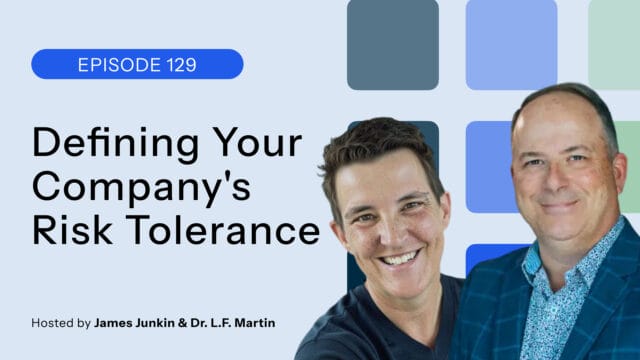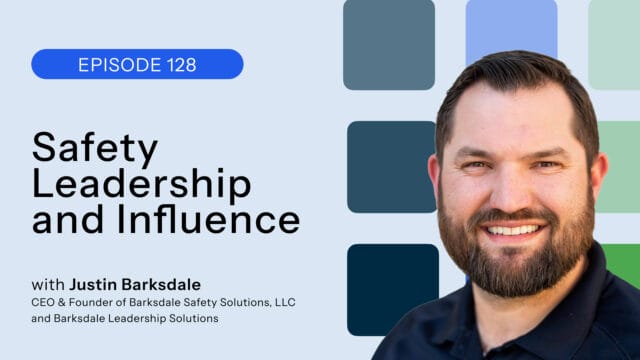
Should Your Under 100-Employee or Canadian Business Mandate COVID-19 Contractor and Employee Vaccinations?
To mandate vaccinations, or not to mandate vaccinations? That is the question on most employers’ minds. Read on for 4 best practices on creating policies and procedures around the COVID-19 vaccine.

The challenges of navigating the impacts of COVID-19 are not yet over for employers. They’ve just taken a new turn.
With a new presidential mandate requiring all employers with 100 or more employees to either ensure their workers are vaccinated or require those unvaccinated to produce a weekly negative test, there’s new pressure on smaller U.S. employers and Canadian companies. Should they change their vaccine policy to comply with the larger corporations, in anticipation of the rule being extended to them?
For many employers, making the decision to require employee vaccinations was confusing, even prior to the new rule.
The U.S. Equal Employment Opportunity Commission (EEOC) gave employers the legal right to make such a decision as long as they do not violate the American with Disabilities and the Civil Rights Acts. And, according to the Center for Disease Control and Prevention (CDC), smaller employers still have the right to require COVID-19 vaccination per state law. It gets even more complicated for small businesses with multi-state operations as their policies must reflect site-specific state rules.
Whether you choose to mandate or suggest vaccination for your employees, here are 4 best practices to follow when creating policies and procedures:
1. Consult with appropriate legal counsel. If your organization is considering a COVID-19 vaccination mandate. While employer-mandated vaccinations are federally legal, some states are moving in the opposite direction. In fact, seven U.S. states have already passed legislation prohibiting these mandates, while over 140 bills on the subject have been introduced across the U.S. Even if your state allows a vaccination mandate, know the exceptions to the rule in order to prevent creating policies that can be deemed discriminatory. Some employers are also already finding the implementation of vaccination programs to be tricky, the potential to cause litigation down the line.
2. Incorporate a strong educational component into your vaccine program.
People respond better to information rather than dictation. For those opting to encourage rather than mandate, building a strong education program around the vaccination process is a strong first step. The CDC and OSHA provide multitudes of resources for employers on how to educate their workforce on the importance of vaccination, from Building Confidence in COVID-19 Vaccines and How to Protect Yourself and Others by the CDC.
3. Make it easy for the employee.
Whether this means offering an incentive to get vaccinated, or providing an onsite vaccination program, there are many ways employers can make the process easier. Consider offering incentives that encourage vaccination, including free childcare and paid time off during vaccination appointments, gift cards, and even cash. If you’re considering offering an incentive, include legal counsel in the planning process as there are limitations under the Americans with Disabilities Act of 1990 (ADA). Even while making it easier for employees to get vaccinated, make sure you do not create a hostile environment alienating those who choose not to or cannot.
4. Develop clear, executable policies and procedures.
Make sure policies and procedures are clear, executable, and communicated to both full-time and temporary workers. According to the CDC, both the staffing agency and host employer are responsible for providing and maintaining a safe work environment for contractors and temporary employees, so make sure you include them in all company updates and communicate with the staffing company to understand their own requirements
Your company’s COVID-19 vaccination policies should include:
- Whether or not the vaccination program is mandatory (i.e. a condition of employment) or voluntary
- Considerations at all levels for accommodation of exceptions (i.e. religious or medical status)
- If your company is going to provide access to the vaccination, and if so, how, where, and when
- What type of educational programs you’re putting forth
- Any incentive programs
America is headed back to the job site again. Let’s work together to make it as safe and seamless as possible for your workers to stay there.




